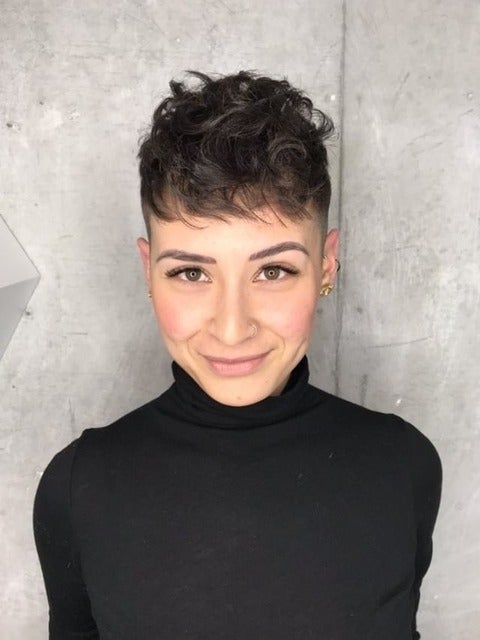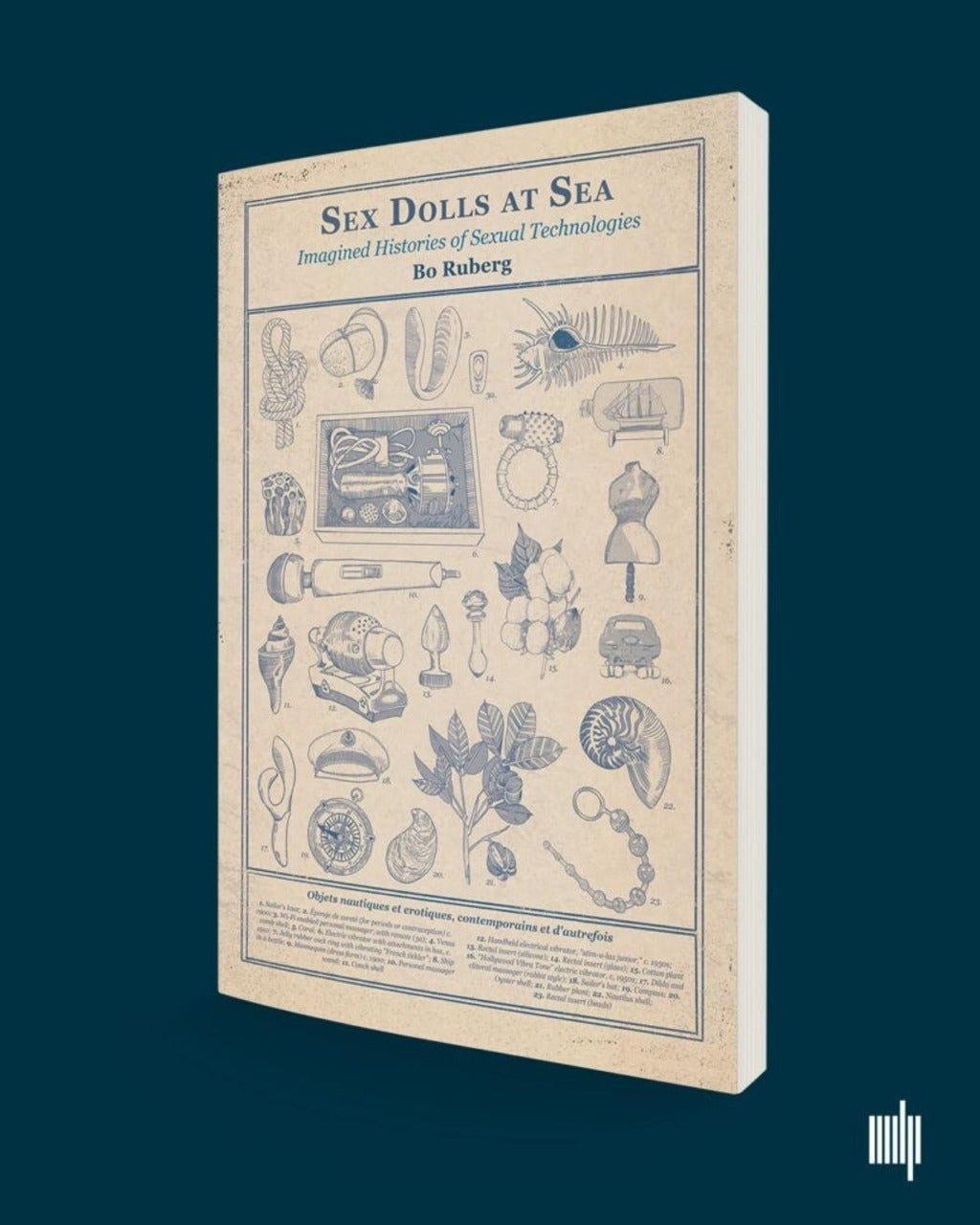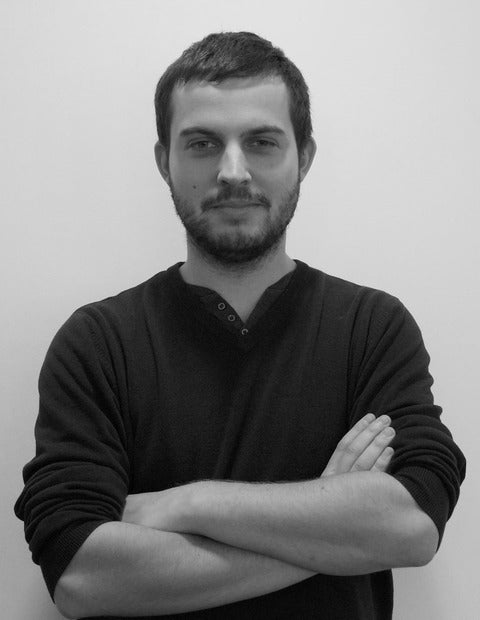President Vivek Goel Visits the Games Institute for an Open House
On Wednesday, October 5th the Games Institute opened its doors to the public for its annual Open House. Guests were able to explore the entire 9000-square-foot GI space, including lab spaces, to discover the interactive and immersive technologies research conducted in the GI’s collaborative interdisciplinary environment.




